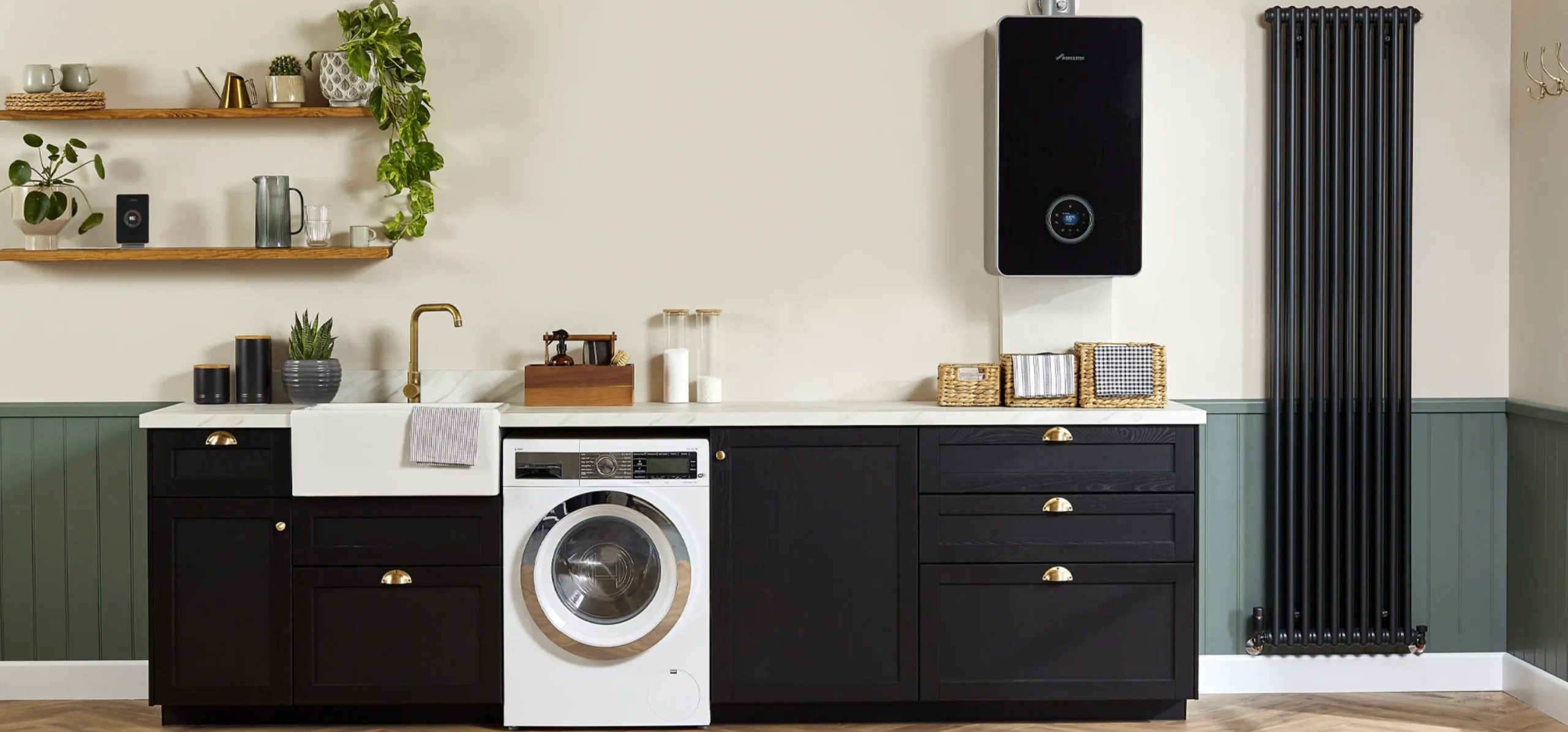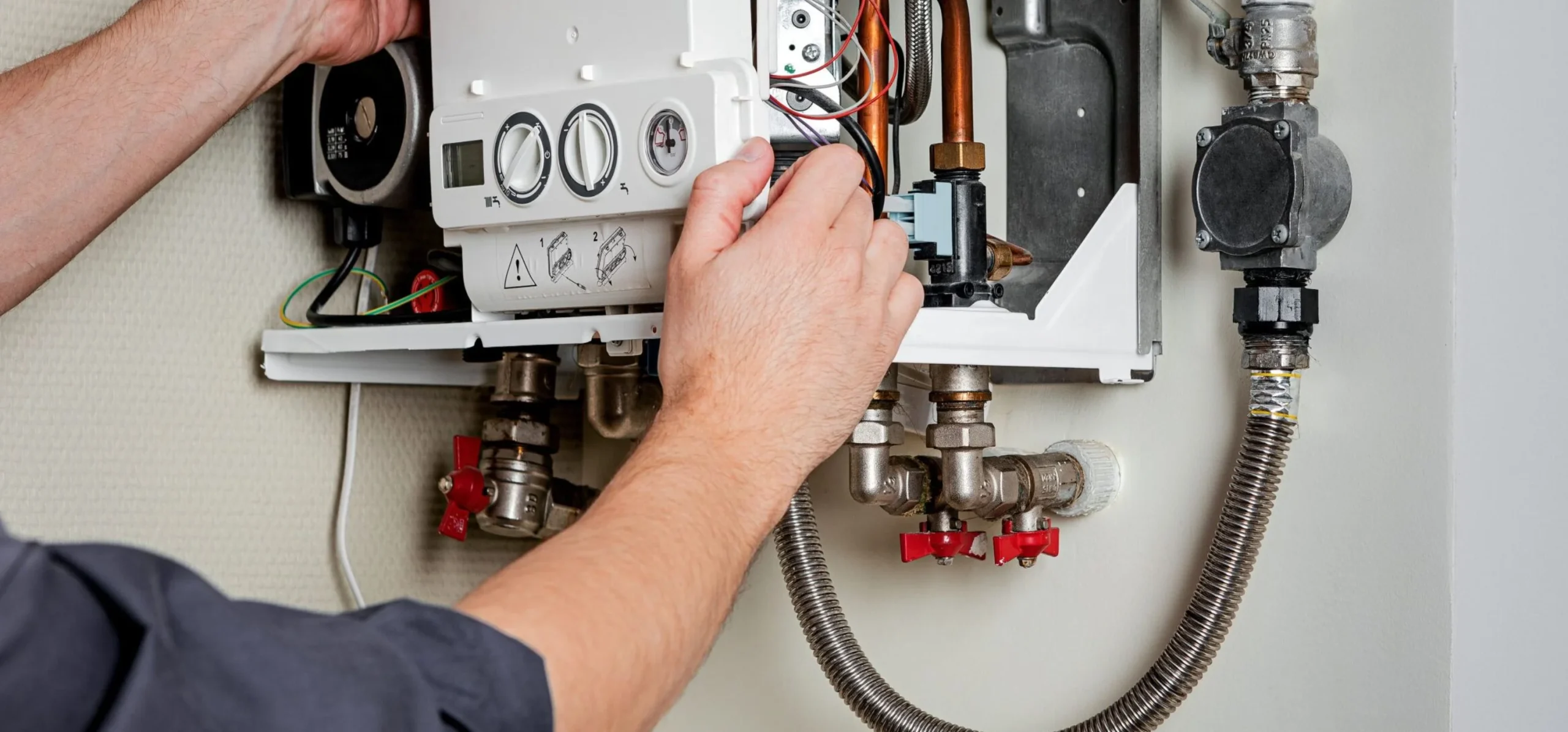Expert Gas Engineer Services_ Keeping Your Home Safe and Efficient

Picture this: you come home, and there’s a sudden chill in the air, or maybe you catch a faint, strange smell. Perhaps your trusty boiler starts making alarming noises. These moments can be worrying. They also highlight the absolutely vital role of gas engineers in preventing potential hazards and ensuring your home stays warm and safe.
Our Gas engineering services are far more extensive than simple repairs. They include everything from fitting brand new systems to routine upkeep and critical safety checks. Working with gas appliances requires special skill. This is why using only Gas Safe registered engineers is so crucial for any gas work in your home. Their expertise guarantees safety and follows all important rules.
Boiler Installation and Replacement
Getting a new boiler is a big decision for any homeowner. It affects your comfort and your energy bills.
Assessing Your Heating Needs
A skilled gas engineer will first look closely at your home. They will consider how many people live there, your home’s insulation, and how much hot water you use each day. This helps them recommend the perfect boiler system for your needs. Do you need a combi boiler for instant hot water, a system boiler with a hot water tank, or a regular boiler that works with an existing tank? Each type has its own pros and cons, which your engineer will explain. They also point out energy efficiency ratings like SEER or ERP. Choosing a more efficient model can really cut down your heating costs over time.
The Installation Process
Once you pick a boiler, the installation begins. Your engineer will plan everything, from the first site survey to the final safety checks. They handle all the pipework and flue system adjustments needed for the new boiler. Sometimes, existing pipes might need moving or changing to fit the new unit properly. Many people also choose to integrate smart thermostats during installation. These clever devices give you better control over your heating and can make your home even more energy-efficient.
When to Consider Replacement
How do you know if it’s time for a new boiler? Watch out for signs like frequent breakdowns, your energy bills creeping up, or your boiler just not heating as well as it used to. Most boilers last about 10 to 15 years. An older boiler often runs much less efficiently, meaning it wastes more energy and costs you more money. Upgrading to a modern, efficient boiler does not just save on bills. It can also boost your property’s appeal and value, making it a wise investment.
Boiler Servicing and Maintenance
Just like your car, your boiler needs regular checks to run smoothly and safely. Neglecting it can lead to bigger problems later.
Annual Boiler Health Checks
An annual boiler service is all about preventative care. It’s a thorough check-up to spot small issues before they become major faults. During a service, a gas engineer will inspect key parts like the pressure, the pilot light, the flue, and the burner. They ensure everything is working correctly and safely. Regular servicing extends your boiler’s life, keeps it running efficiently, and greatly reduces the chance of unexpected breakdowns. This proactive approach saves you hassle and money.
Common Boiler Issues and Troubleshooting
Boilers can face many problems, from low pressure to strange banging noises. Have you ever heard your boiler making an odd sound, or noticed the pilot light keeps going out? Sometimes your thermostat might play up, causing inconsistent heating. Before you call an engineer, try a few simple checks yourself. Make sure the pressure gauge is in the right zone, or try resetting your thermostat. These quick steps can often fix minor issues without needing a professional visit.
Emergency Repairs
What counts as a boiler emergency? If you have no heat or hot water, or if you suspect a gas leak from your boiler, that’s an urgent situation. Gas engineers are ready to respond quickly to these critical issues. They aim for rapid response times to get your heating back on or, more importantly, to make your home safe again. Their main job in an emergency is to quickly find the fault and fix it safely, putting your household’s well-being first.

Gas Appliance Installation and Repair
Gas engineers do not just work on boilers. They handle a wide range of gas appliances in your home, ensuring they are installed and repaired correctly.
Cooker and Hob Installation
Installing a new gas cooker or hob needs precision and care. Your gas engineer will ensure proper ventilation is in place and that all gas connections are perfectly sealed. Whether you choose a freestanding cooker or built-in hob, the installation process is vital for safety. After fitting, engineers always perform essential safety checks, including leak detection and gas tightness tests, to give you peace of mind.
Fireplace and Heater Servicing
Gas fireplaces and heaters bring warmth and comfort to many homes. Like boilers, they need regular maintenance to operate safely and efficiently. During a service, your engineer will inspect the pilot light, thermocouple, and combustion system. They also check for any blockages in the flue. This maintenance also involves cleaning and ensuring all decorative elements are secure, keeping your fireplace looking good and working well.
Other Gas Appliances
Gas engineers have a broad skillset that covers more than just the common appliances. They also service and repair less common gas items such as gas water heaters, tumble dryers, or even gas generators. Their specialized knowledge means they understand how different gas-powered equipment works. They can identify specific issues that might arise with these varied appliances.
Gas Safety Checks and Certificates
Safety is always the top priority when it comes to gas. Regular checks and official certificates play a crucial role.
Landlord Gas Safety Certificates (CP12)
If you are a landlord, you have a legal duty to get an annual Gas Safety Certificate, often called a CP12, for your rental properties. This certificate confirms that all gas appliances, flues, and pipework supplied by the landlord are safe. A Gas Safe registered engineer carries out these checks every 12 months. Failing to get a CP12 can lead to serious legal consequences and, more importantly, puts your tenants at risk.
Homeowner Gas Safety Inspections
Even if you own your home, having regular gas safety inspections is a smart choice. While not a legal requirement, these checks offer immense peace of mind. They help identify potential dangers, like silent carbon monoxide leaks, long before they become a threat. Think of it as a health check for your home’s gas system. Knowing your gas appliances are running safely allows you to relax and enjoy your home without worry.
Carbon Monoxide Awareness
Carbon monoxide (CO) is known as the “silent killer” because it’s colourless, odourless, and tasteless. Gas engineers play a key part in preventing CO poisoning by ensuring appliances burn gas correctly. It is essential to install carbon monoxide detectors in your home and check them regularly. Do you know the symptoms of CO poisoning? They can include headaches, dizziness, nausea, and tiredness, often mistaken for flu. Be vigilant.
Emergency Gas Leak Detection and Repair
A gas leak is a serious emergency that demands immediate attention. Knowing how to react can keep everyone safe.
Recognising the Signs
How can you tell if you have a gas leak? Often, the first clue is a strong smell like rotten eggs, which is added to natural gas for safety. You might also hear a soft hissing sound near a gas appliance or pipe. Sometimes, dead or discoloured plants near outdoor gas lines can be a sign. If you suspect a gas leak, act fast. Turn off your gas supply if it’s safe to do so, open windows and doors to ventilate the area, and get everyone out of the house. Then, call the gas emergency service right away from a safe distance.
Engineer’s Role in Leak Detection
When a gas leak is reported, a qualified gas engineer responds swiftly. They use specialised tools, such as gas detectors, to pinpoint the exact source of the leak. Pressure testing also helps them find hidden faults in your gas system. Once located, the engineer’s priority is to safely isolate the gas supply to the affected area. They then carry out the necessary repairs to seal the leak, making your home safe again.
Conclusion
Gas engineers offer a wide range of essential services that keep our homes running smoothly and safely. From installing efficient new boilers to maintaining various gas appliances, their expertise is vital. They conduct thorough gas safety checks and issue certificates, and critically, they are the experts you call in an emergency, like a gas leak. Their work ensures both the safety of your home and the optimal efficiency of your gas systems. For your peace of mind and the well-being of your household, always schedule regular maintenance and only trust Gas Safe registered engineers for any gas-related work. It’s the smart choice for a secure and warm home.
